Meet the Connected Minds Leadership Team!
Composed of Directors/Associate Directors from affiliated Research Centres, our core Leadership Team brings a wealth of experience and diverse perspectives to the Connected Minds Program. This team has been strategically designed to unite and integrate the three themes of Connected Minds and advance the strategic priorities, strengths and capacity of both York and Queen's with bold new directions of research excellence. See below to learn more about our team and the exciting work we are doing.
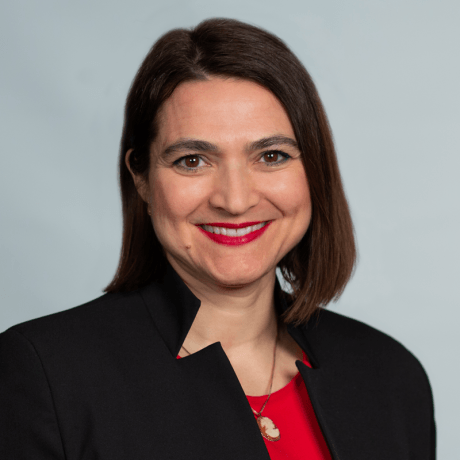
Pina D’Agostino
Home Institution: York University
Faculty: Osgoode Hall Law School
Role in Connected Minds: Director
gdagostino@osgoode.yorku.ca
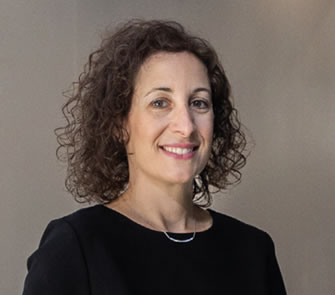
Shayna Rosenbaum
Home Institution: York University
Faculty: Health
Department: Psychology
Role in Connected Minds: Vice Director (York)
shaynar@yorku.ca
https://yorku.ca/shaynar/Dr.R.ShaynaRosenbaum.htm
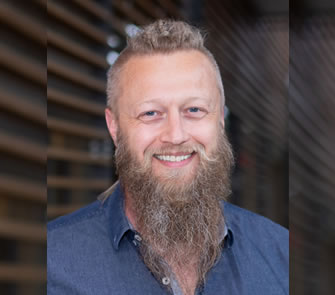
Gunnar Blohm
Home Institution: Queen’s University
Faculty: Queen’s University School of Medicine
Department: Biomedical and Molecular Sciences
Role in Connected Minds: Vice Director (Queen's)
gunnar.blohm@queensu.ca
http://compneurosci.com
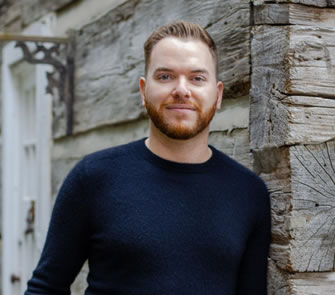
Sean Hillier
Home Institution: York University
Faculty: Health
Department: School of Health Policy & Management
Role in Connected Minds: Associate Director
shillier@yorku.ca
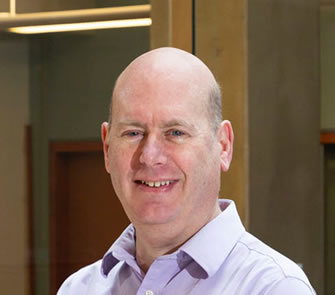
Rob Allison
Home Institution: York University
Faculty: Lassonde School of Engineering
Department: Electrical Engineering and Computer Science
Role in Connected Minds: Director, Centre for Vision Research
allison@eecs.yorku.ca
https://percept.eecs.yorku.ca/
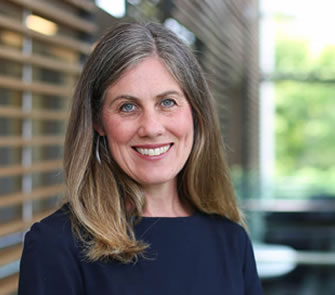
Catherine Donnelly
Home Institution: Queen’s University
Faculty: Health Sciences
Department: School of Rehabilitation Therapy
Role in Connected Minds: Lead of Performance Monitoring Committee
donnelyc@queensu.ca
https://rehab.queensu.ca/catherine-donnelly
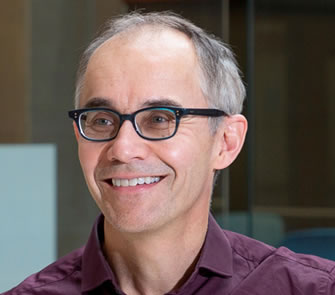
James Elder
Home Institution: York University
Faculty: Health/Lassonde School of Engineering
Department: Psychology/EECS
Role in Connected Minds: Lead of Infrastructure and Facilities Committee
jelder@yorku.ca
https://www.elderlab.yorku.ca/jelder/
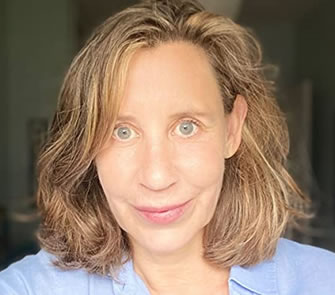
Denielle Elliott
Home Institution: York University
Faculty: Liberal Arts & Professional Studies
Department: Anthropology
Role in Connected Minds: Deputy Director, Institute for Technoscience & Society (ITS)
dae@yorku.ca
https://www.undisciplinedethnography.ca/
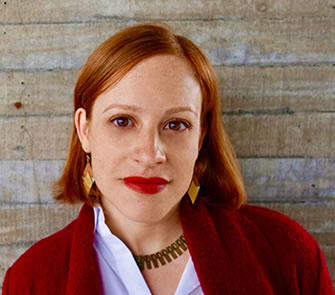
Laura Levin
Home Institution: York University
Faculty: Arts, Media, Performance and Design
Department: Theatre and Performance Studies
Role in Connected Minds: Lead of Community Partnerships
levin@yorku.ca
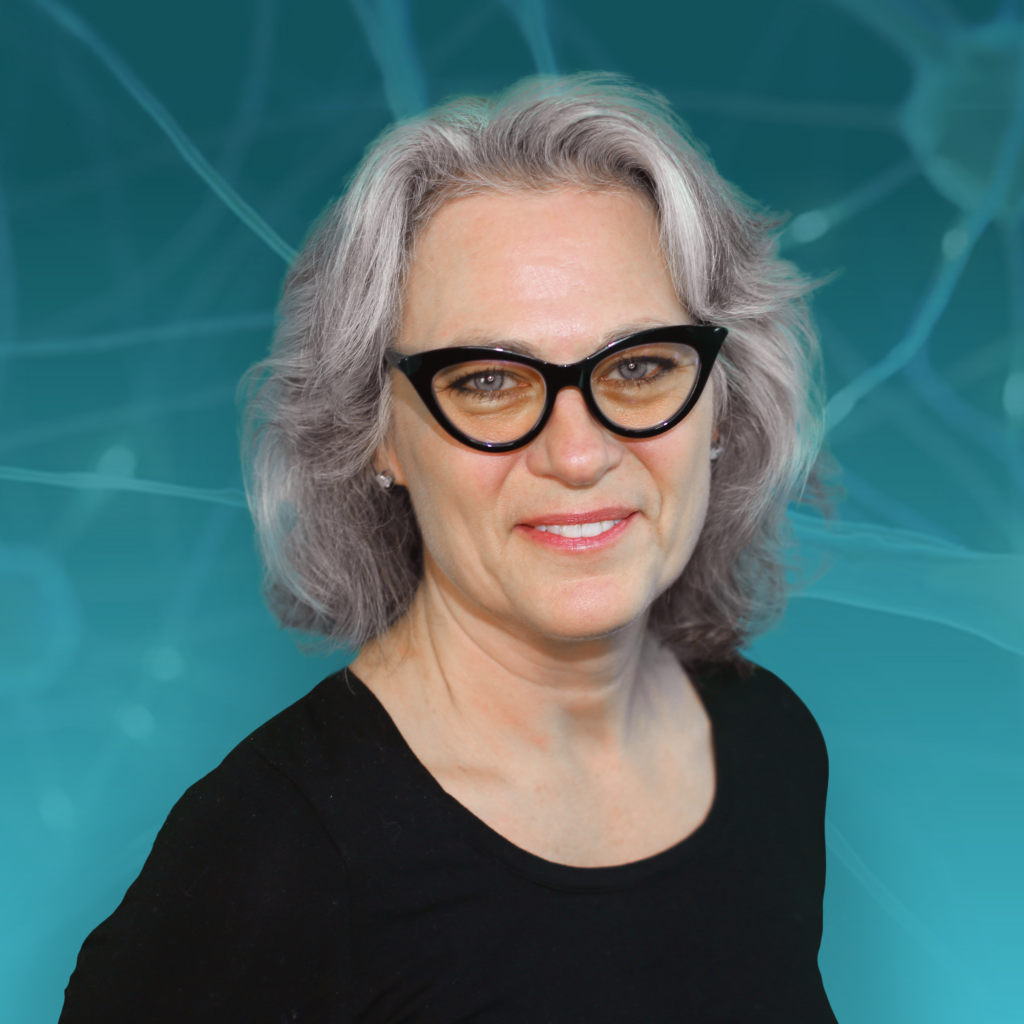
Susan Boehnke
Home Institution: Queen's University
Faculty: Health Sciences
Department: Biomedical and Molecular Sciences
Role in Connected Minds: Lead of Training Committee
susan.boehnke@queensu.ca
https://dbms.queensu.ca/faculty/susan-boehnke

Ian Stedman
Home Institution: York University
Faculty: Liberal Arts & Professional Studies
Department: School of Public Policy and Administration
Role in Connected Minds: Lead of Knowledge Mobilization Committee
istedman@yorku.ca
https://profiles.laps.yorku.ca/profiles/istedman/
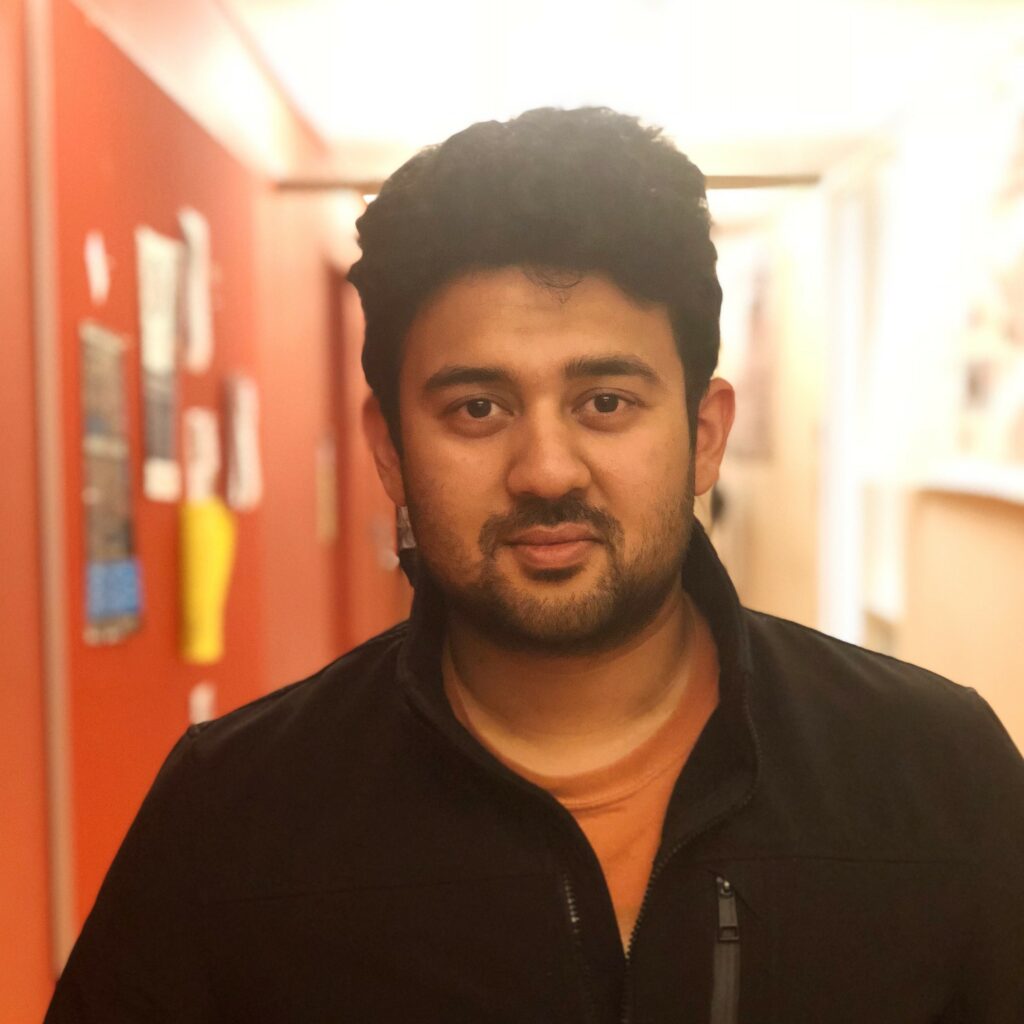
Kohitij Kar
Home Institution: York University
Faculty: Science
Department: Biology
Role in Connected Minds: Lead of Research Committee
k0h1t1j@yorku.ca
https://www.yorku.ca/science/profiles/faculty/kohitij-kar/
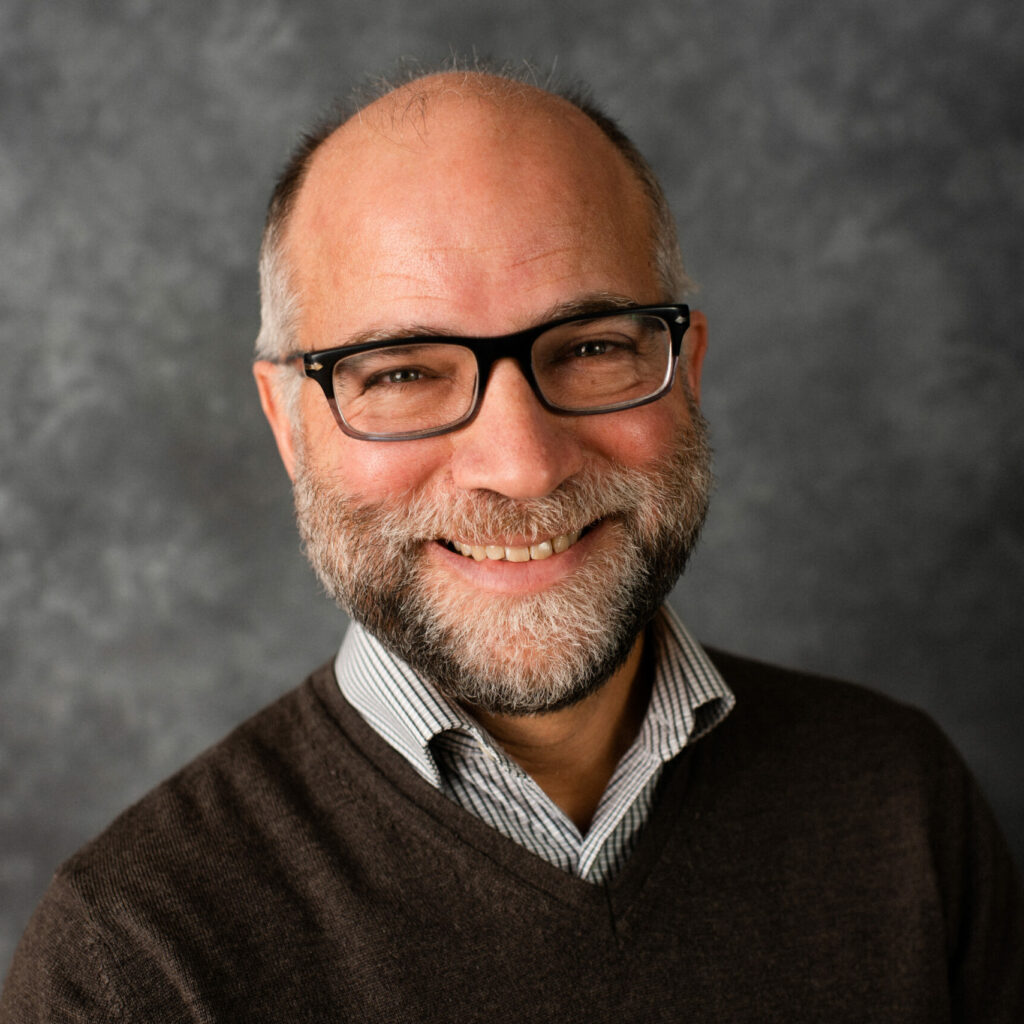
Vincent DePaul
Home Institution: Queen's University
Faculty: Health Sciences
Department: Rehabilitation Therapy
Role in Connected Minds: Lead of EDI Committee
vincent.depaul@queensu.ca
https://rehab.queensu.ca/vincent-depaul
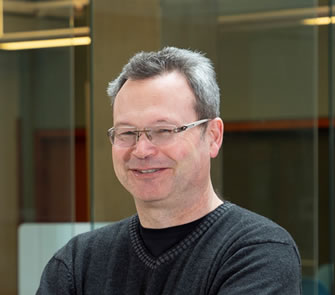
Doug Crawford
Home Institution: York University
Faculty: Health
Department: Psychology
Role in Connected Minds: Senior Advisor
jdc@yorku.ca
https://www.yorku.ca/jdc/index.html
